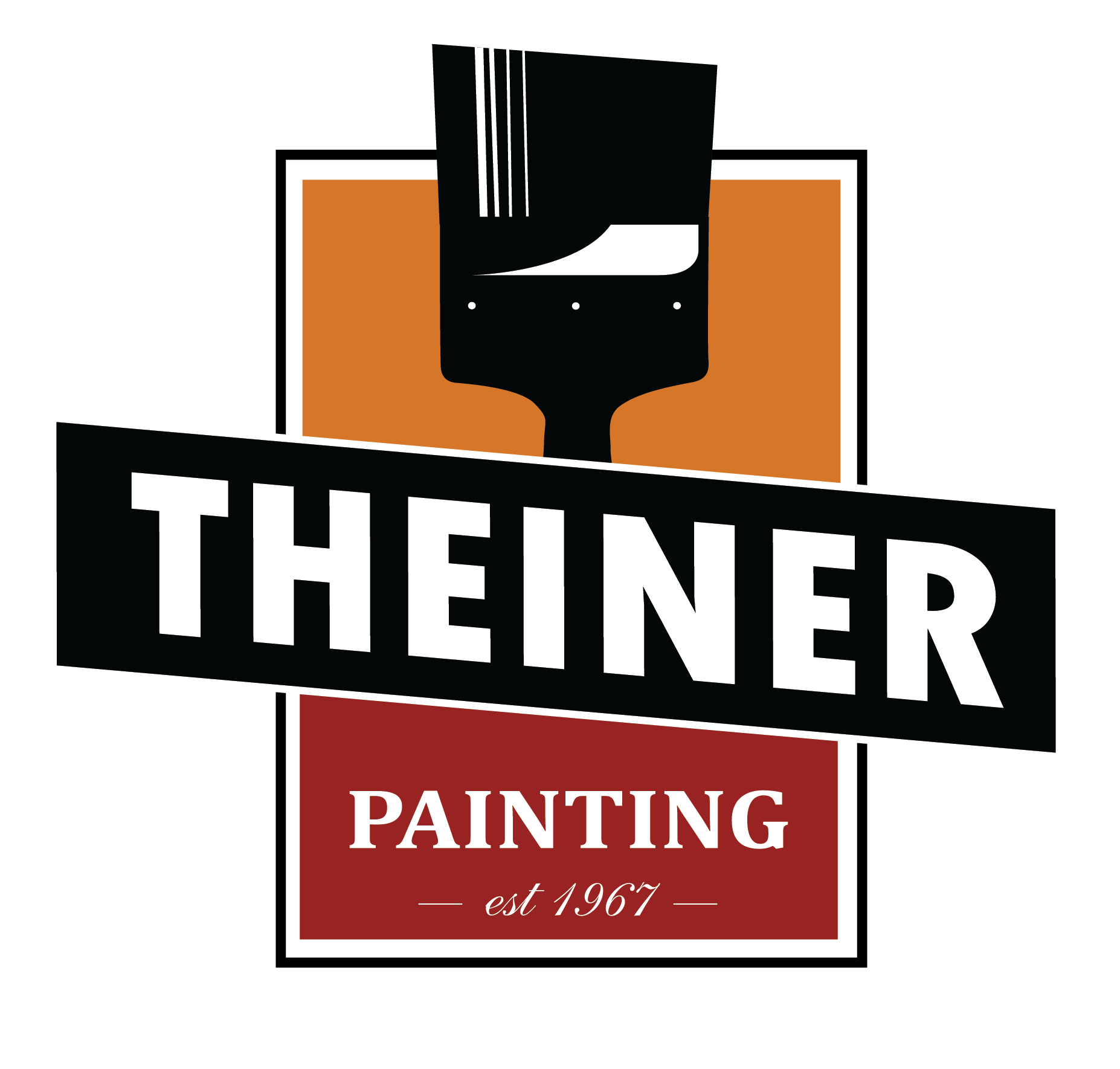9 Questions to Ask Before Hiring Someone to Paint Your House

Sure, choosing someone to paint your house doesn’t necessarily qualify as one of those Major Life Decisions that will make or break your whole future. But whenever you’re going to have someone (or a team of people) coming in and out of your house for several days, and will then have to live with the results for several years, asking a few smart questions just makes sense.
Here are the 9 questions we think every homeowner should ask before engaging a professional painter:
- How long has the company been in business? A painting company that’s been around for 15+ years is probably doing something right, because bad painters tend to disappear pretty quickly.
- Can you speak to previous clients? The best way to find out how a painting contractor really works is to ask people they’ve worked for before. Good painters will happily and quickly provide you with 2-3 references (with contact information); beware of a painter who is cagey on this issue.
- Who’ll actually be doing (and supervising) the work? The owner may be a great person, and s/he may be the one who came to your house to do the estimate – but if s/he hands the work off to an inexperienced work crew and never returns to check on the work, you could have problems. Make sure you know who’ll be doing the work and how qualified they are.
- What brand of paint will they be using? Depending on quality, colour and finish, paint can cost anywhere from $20-$70/gallon in most cases the best choice is one somewhere in the middle. In any case, the cost of the paint could make a big difference to the cost of the job. You want to make sure the painter is using the right paint – and that you are getting exactly what you pay for. (You can ask to see receipts for the paint purchased for your home, and check them against the buckets of paint that are actually being used.)
- What kind of preparation will the painter be doing? In a new-build house, walls may need nothing more than a quick 1-2 coats; in an older home, the painter may need to strip, sand, fill or repair walls and trim, or use heavy-duty primers to cover old oil-based paint. Make sure you know what the painter is planning – and ask questions if you think their plans won’t adequately address your specific home.
- Ask if they have identified any red flags or possible issues. There’s nothing worse than accepting an estimate, only for the painter to tell you, halfway through the job, that it’s suddenly going to cost hundreds or thousands of dollars more because they’ve found some sort of ‘problem’. A good experienced painter can often see signs of potential problems (a stained ceiling indicating a current leak, signs of lead paint, etc.) right at the outset, and it’s worth asking for his/her opinion as to the worst-case scenario. At the very least, his/her response will tell you a lot about their knowledge, experience and ethics.
- How long do they expect the job to take, and what are the contingency plans? One of the issues we hear about from clients is that they previously engaged a painting company, and they were great – except that they were so overbooked that the job took much longer than it should have, even once it got started. A good painter should be able to give you a pretty accurate estimate of the man-hours involved in your project, and should be able to give you a commitment about a completion date – and have a plan for what will happen if one of their team members gets sick or there is some other kind of delay.
- Do they offer a warranty or follow-up? This goes hand-in-hand with #1 and #2: A good painting company will be in touch within a few weeks after the job is completed to ask you how everything looks, and won’t mind returning to fix a problem if it has arisen. Warranties can vary depending on the job and the paint used, but a potential painter’s response to this question will tell you a lot about their approach to their work.
- When do they expect payment? Are installments timed to stages or phases? It’s reasonable for a painter to ask for a deposit at the time you engage their services: After all, they’ll be spending money to purchase paint and supplies specifically to be used in your home. However, beware of a painter who asks for more than half the money up-front, or requires you to pay the entire bill before the work is finished. Ask about progress billing: A deposit when the job is started, installment payments as certain phases are finished (i.e. once everything has been primed or once the first coat has gone on), and then the remainder when the job is completed. Again, reputable painting contractors will generally be amenable to this – it protects both of you.
